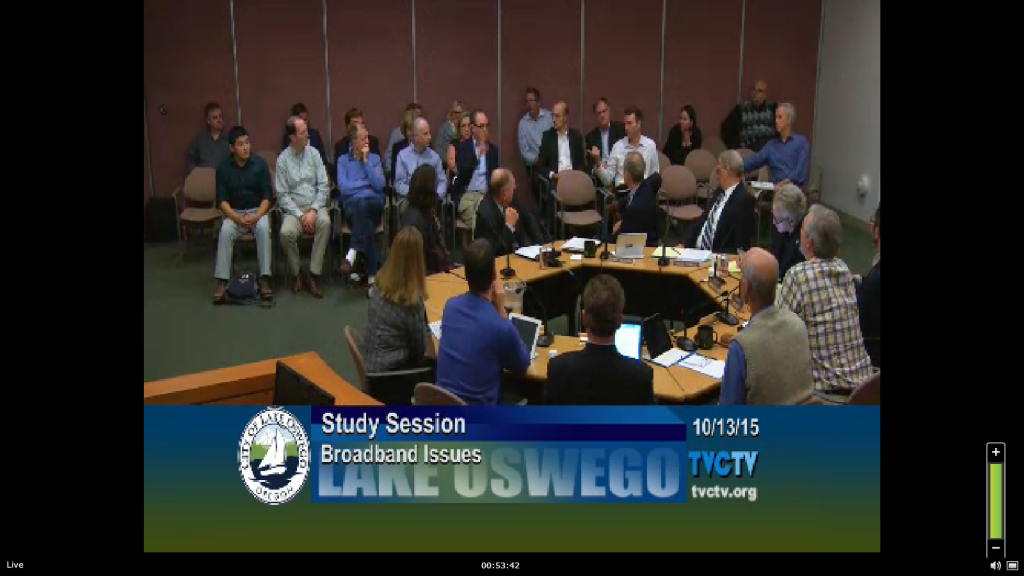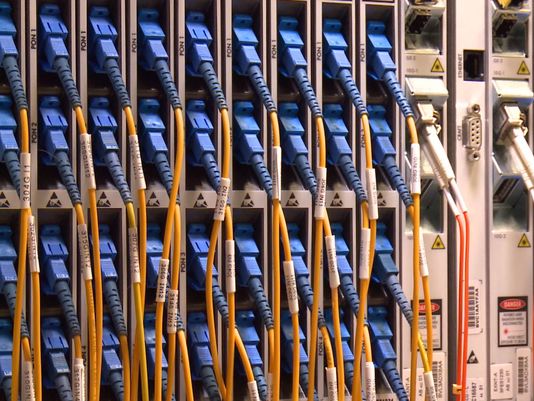Last-mile access is about to become a bit more expensive for businesses and wireless carriers. The real solution here is not more regulation, but competition. Allow cities and service providers to build their own infrastructure. Frankly I agree with Frank Simone’s question asking why service providers are not building more fiber access to customers. The answer is simple. It is cost prohibitive in most cases. A carrier could spend more than $10,000 pulling a fiber pair to a building. They have two options, charge an up-front fee or try to amortize it over a few years. Most customers will stick with an incumbent carrier rather than pay an up-front fee, and if the carrier amortizes the costs they have no guarantee that the customer will stick with them long enough to make laying the fiber profitable.
I have asked several Tier 2 service providers whether they support municipal broadband networks and they typically state that telecommunications is not a governmental function. I agree with them, but there is an important difference here. First of all the government is just leasing last-mile access to the service provider in my model. They are not actually selling services to customers. Second I only see these carriers pulling fiber to only the most profitable buildings because of the dilemma I mentioned above. What about the small independent insurance agent or rural physician that has broadband needs as well? A few years ago, I worked for a public company with 125 people in a facility and no carrier would bring fiber to our building without a $35,000 initial payment even though fiber ran right down the street we were located. Perhaps letting the price-cap expire will initiate the deployment of more fiber.
WASHINGTON, June 30, 2010 – AT&T’s special access lines are set for price hikes, and the NoChokePoints Coalition says FCC regulation of this “is essential to the health of our information economy.”
The coalition held a teleconference panel discussion Tuesday to call on the FCC to take action and regulate what it says is a rapidly developing monopoly.
Continue reading






